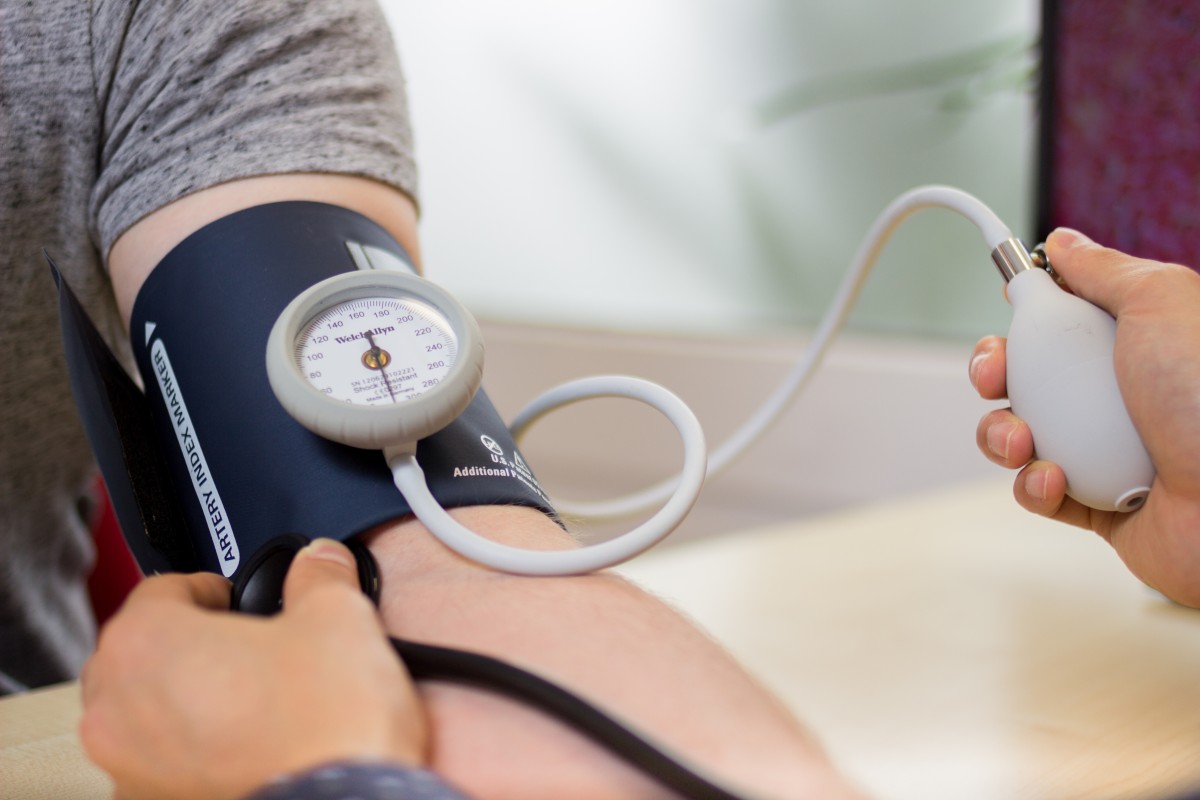3 simple ways to improve your blood pressure without medication!
Do you, or someone in your life, suffer from heart problems?
The chances are, you do.
One in five Kiwis suffer from hypertension (high blood pressure), and it is the number one cause of death in New Zealand. In fact, it kills more people than motor vehicle accidents each year.
What is more depressing is the fact that it is largely preventable through appropriate diet and lifestyle!
However, we resort to medications because it is easy, cheap, and it keeps blood pressure down. Hence the reason why cardiovascular medications such as statins and beta blockers are ranked in the top 10 most prescribed medications in the nation.
But is it treating the root cause of the issue? Absolutely not.
If you come off your medication, without addressing your diet and lifestyle, your blood pressure will creep back up again.
You must also deal with the common side-effects of pharmaceutical drugs, such as gut and liver damage, muscular pain and damage, neurological issues, nausea and vomiting… the list goes on.
In this article, I will be discussing about one of the fundamental causes of hypertension… Stress.
Stress can cause your blood pressure to sky-rocket instantly, or it can slowly eat away at you with chronic and long-term hypertension. Nonetheless, there is a way to reduce the stress, and we can do it naturally!
If you are on any medications, however, you must discuss with your prescribing doctor and a qualified natural health practitioner before starting on nutritional supplements and herbal medicine.
Reduce the tension of stress
You could say that about 90% of all health conditions arise from stress, and hypertension is no exception. In fact, increase in blood pressure is one of the primary responses to stress. Stress essentially switches your body function to “survival mode”. For example, 10,000 years ago, if you came across a saber tooth, you would either choose to fight it, or run away from it. Either way, you require a substantial amount of energy and strength to survive this situation. For this, your heart will beat faster and stronger to deliver appropriate amount of blood to your muscles, your brain, and back into your heart again. So you can see why you might start experiencing palpitations and increase in your blood pressure when you get a fright or when you are about to bungy jump. It is this evolutionary conditioning of your behavior that elicits an automatic response in your body to keep you alive. The only problem is, the stress we experience in our modern society is chronic and long term, and our body is not equipped to handle consistent stress very effectively. It becomes harder and harder for you to return to the “rest and digest” mode, which ultimately leads to chronic hypertension and cardiovascular disease.
One of the most important things to do in the treatment of hypertension is to reduce the tension of stress. Now, I am not telling you to go and quit your stressful job or cull away some of your annoying family members (although it can be very beneficial), because in many situations it is not realistic. The source of stress may still remain, but instead, you can promote relaxation and improve your tolerance to stress. Here are some suggestions:
Magnesium
Magnesium is an essential mineral that plays a fundamental role in relaxing your body and your mind. It is the key nutrient to help muscle relaxation and maintain healthy levels of neurotransmitters such as serotonin which helps to support your mood. Because your blood vessels are also muscles, it helps to dilate your blood vessels and directly reduce your blood pressure. Foods rich in magnesium are animal meats, nuts and seeds, dark chocolate (yes you heard me correctly!), dried fruit, legumes and spinach. However, the amount of magnesium you can obtain from foods are often minimal, and are most likely not enough to make a difference to your blood pressure. Consult with your natural health practitioner to find out what type and dose of magnesium is most suitable for you, and stay away from products that contains magnesium oxide as it can give you diarrhea.
Relaxation techniques
Due to our busy lifestyle these days, we sometimes forget how to breathe properly. Stress will naturally induce shallow breathing, which reduces your oxygen delivery to the brain. Deep breathing, a few times a day, as short as 5 minutes long, can help to bring you back into the “rest and digest” mode. A simple technique you can utilize is called “breathing 4, 7, 8”. It’s simple. Breathe in through your nose for 4 counts by inflating your stomach, hold for 7 counts, and breathe out through your mouth with pursed lips for 8 counts. This techniques helps to reduce your heart rate and promote deep breathing. Yoga and meditation can significantly help to reduce the effects of stress. In particular, mindfulness meditation shows promising effects in reducing overall stress response and lowering blood pressure in numerous studies.
Herbal medicine
Anxiolytic, nervine and adaptogenic herbs are all designed to help you relax and increase your tolerance to stress. Herbs such as valerian, passionflower, lavender, oats and various forms of ginseng work exceptionally well to improve your mood. Hawthorn in particular has antioxidant, hypotensive, cardio-tonic and cardio-protective properties to support your overall heart health. These herbs are often available as tablets, liquid tinctures, or it can be enjoyed as teas. Please note that herbs can interact with your medications and should never be taken without consulting your doctor and your qualified natural health practitioner.
Kohei Iguchi – BSc, BNatMed, MNZAMH, MNZSN
Qualified Naturopath, Medical Herbalist, Advanced Hemaview Practitioner

